Not Sure Where You may need support?
Counseling For When You Feel Disconnected From Life | Grief Counseling |
| Anxiety & Depression | Dealing With Shame and Guilt |
Therapy For Life Transitions | Using EMDR To Overcome Trauma
Are You at a Loss About how counseling can help you?
There is a myriad of reasons someone may feel curious about seeking out support in a counseling relationship. Whether you know precisely the struggle you’d like to work through or are just feeling the pressure of living life, there is space for you here.
You never need to know exactly what you’re looking for to be deserving of the help you need to find it. We are ready to offer you safety and growth through uncertainty and beyond.
Maybe that uncertainty feels like…
Being a human can be hard. In a lot of ways, it’s just really tough to exist. Deconstructing the layers of our lived experience is heavy. Moving through the world with the weight of our feelings, emotions, and thoughts may lead to more questions than answers. We are here to ask those questions and work through them alongside you.
-
You know anxiety as the pang you feel deep in your gut when things seem off, the breath that you can’t seem to catch, and the reason you can’t sleep at night. You also know it as the source of your perfectionism, your stress, and, unfortunately, your success.
When your relationship with anxiety is responsible for the good just as much as the bad, it can be a fearful thing to venture into territory that may mess with your flow. Even when you’re not entirely sure what health looks like, there is a balance to be found.
-
When dragging yourself out of bed in the morning feels like it takes all the energy you can muster, and in the early afternoon, you’re tempted by the call of your blankets and pillows once again, that lack of energy and focus may be a sign that something deeper is going on.
You may still be able to manage your workload, go to the gym, and get family dinners on the table, but if you’re feeling disconnected from life and from others around you, it’s time to pay attention.
-
Any loss can cause grief that’s paralyzing in its intensity. Moving forward without a cherished part of your world may feel impossible, and questioning the depth and merit of your distress may contribute to the struggle of doing so. The grief process is not neat, nor is it linear. In fact, grieving often doesn’t end, but it does evolve, and so will you. If you feel sadness, anger, frustration, or even avoidance, these emotions are all a part of grief. This is your journey, and you can’t do it wrong, but you also don’t have to do it alone.
No matter the source of your loss, your grief is valid. There’s one immovable truth about grief: we are never the same once it enters our world. If you need support in picturing what the after of your grief looks like, there is space for healing through it instead of trying to move past it.
-
Change is hard. When it’s good, or when it’s not, there is a lot of fear and uncertainty to uprooting any portion of your certainty. Whether you are changing lifestyles, identities, or even relocating, there are many what-ifs and worries to work through. Term it however feels best to you—coming out, metamorphosis, re-inventing, unbecoming. You are creating space for the you that feels best now, and that can feel confusing.
Life transitions are as much a space of un-becoming as they are of becoming. This is not a process that simply welcomes new things neatly. There must be concessions made for the feelings of letting go that come alongside what you were before this transition occurred. Finding the space to acknowledge the loss of letting go amid the wonder of welcoming in is a uniquely bittersweet place to be. Honor every facet of that experience with a supportive, knowledgeable guide in moving through the in-between of every life transition.
-
There is no single trauma greater than another. If your life, or the life of another, has been put in jeopardy in your immediate awareness, this is trauma. The responses and methods of coping that occur in the days, weeks, and months following a traumatic event may make it challenging to participate actively in day-to-day life. Using custom-formulated combinations of recovery techniques and talk therapy, we can take a trauma-informed approach to reshape your life toward fulfillment and healing.
-
Beneath the depression, anxiety, and guilt of some of our heavier emotions, there is often a common lurker. Shame is a powerful expression of self-judgment. Even shame rooted in something true can take on a life of its own and perpetuate a spiral of invalidation and self-doubt. While shame and guilt can be a valuable motivator in accountability, they can also just as quickly become a toxic vacuum that consumes your value. If you’re feeling shame that seems to overshadow your confidence, it may be time to shine a light on that struggle and move through it to uncover your true worth.
Healing through EMDR
Backed by research across continents and specialties, Eye Movement Desensitization and Reprocessing (EMDR) is a therapeutic technique that utilizes the brain’s processing systems to move through difficult or traumatic experiences in lieu of talk therapy. Through replicating eye movement similar to the REM stages of sleep, EMDR moves the brain through a different route of processing the things that it’s been stuck on healing.
Utilizing three different areas of the brain (amygdala, prefrontal cortex, and hippocampus) to bypass the stress response of trauma recall takes you out of fight or flight and lets the autopilot of your mind move you through a new kind of healing.
With a reduced focus on verbal communication, this faster, more intuitive therapy type is a great option for those who feel triggered by discussing their experiences at length.
What can EMDR help with?
Rewiring negative thinking
Decreasing chronic pain
Improving self-esteem
What’s it used for?
PTSD
Eating disorders
Panic and anxiety attacks
Addiction
Situational or recurrent anxiety
Phobias
What kinds of therapies are used when I don’t even know what I need?
We will work together to create a therapeutic approach that combines responding to what you’re experiencing at the moment, and a directed approach using tools like worksheets and experiential techniques to provide structure as you move forward in your healing.
Through planned exercises and a roadmap for clear expectations, or by walking along the route we are led by paying attention to the present moment, we will cultivate the counseling experience best suited to your needs. And if those change, then so do we.
We can go anywhere
Though we’ve outlined a myriad of topics to pique the things that are rattling around inside you and asking for your support, it’s perfectly alright if none of them seem to fit.
Together we can take what works, let go of what doesn’t, and shape the support you need from the pieces and experiences you already hold. There is nothing you need to figure out beyond knowing when you are ready to be here now.




